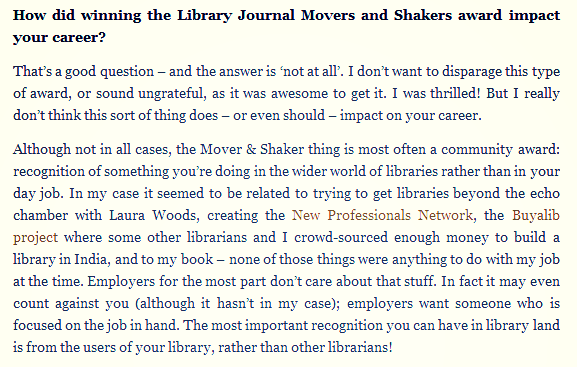INTERVIEWS
I began the interview by asking the participants to describe and elaborate on their cognitive maps. Many participants elaborated on how they use certain spaces, which provided useful context for the cognitive map. I also asked participants to explain the process of how they use library services when working through an assignment. I asked general questions about the students’ experience with various services that the library provides, and encouraged to give their opinion on how their experience could be improved.
I found that being an intern and a student myself was invaluable to the interview process because the students did not shy away from being honest about their experience and more comfortable being critical than they might have been with a member of staff. Following the advice from Bernard’s ‘Research Methods in Anthropology: Qualitative and Quantitative Approaches’, I occasionally paused after a short answer was given, and often the participant would continue talking in more detail after a few moments, which kept the conversation flowing.
The major advantage of interviews is the breadth of information they yield, especially because things that individuals bring up can be elaborated upon and questions can also be adapted for future participants (e.g. finding out whether students had similar experiences with aspects of the library mentioned by other participants). Having a few standard open-ended questions is key, but participants seem to much more at ease if the interview flows like a conversation, rather than reading off a list of questions.
The only downside is that transcribing long interviews (they usually lasted between ten and fifteen minutes) takes a long time, but is definitely more valuable than making notes at the time because you are free to focus on what the participant is saying.
LOVE / BREAK-UP LETTER
Participants were asked to write either a love or break-up letter to a specific service that the library offers, so that the students can more emotively express how they feel about this service. I encouraged students to write about they feel (either negatively or positively) passionate about.
The participants were given a maximum of ten minutes to complete their letter. I definitely found this technique the most interesting because many participants wrote very imaginative, emotive letters that gave real insight into how library services and staff are perceived, and how this affects their daily university life. I did not find that this technique had any real disadvantages, only that some students preferred to write a wish list on what could be changed in the library. This also gave insightful information, but often did not show the reasoning behind these requests.






